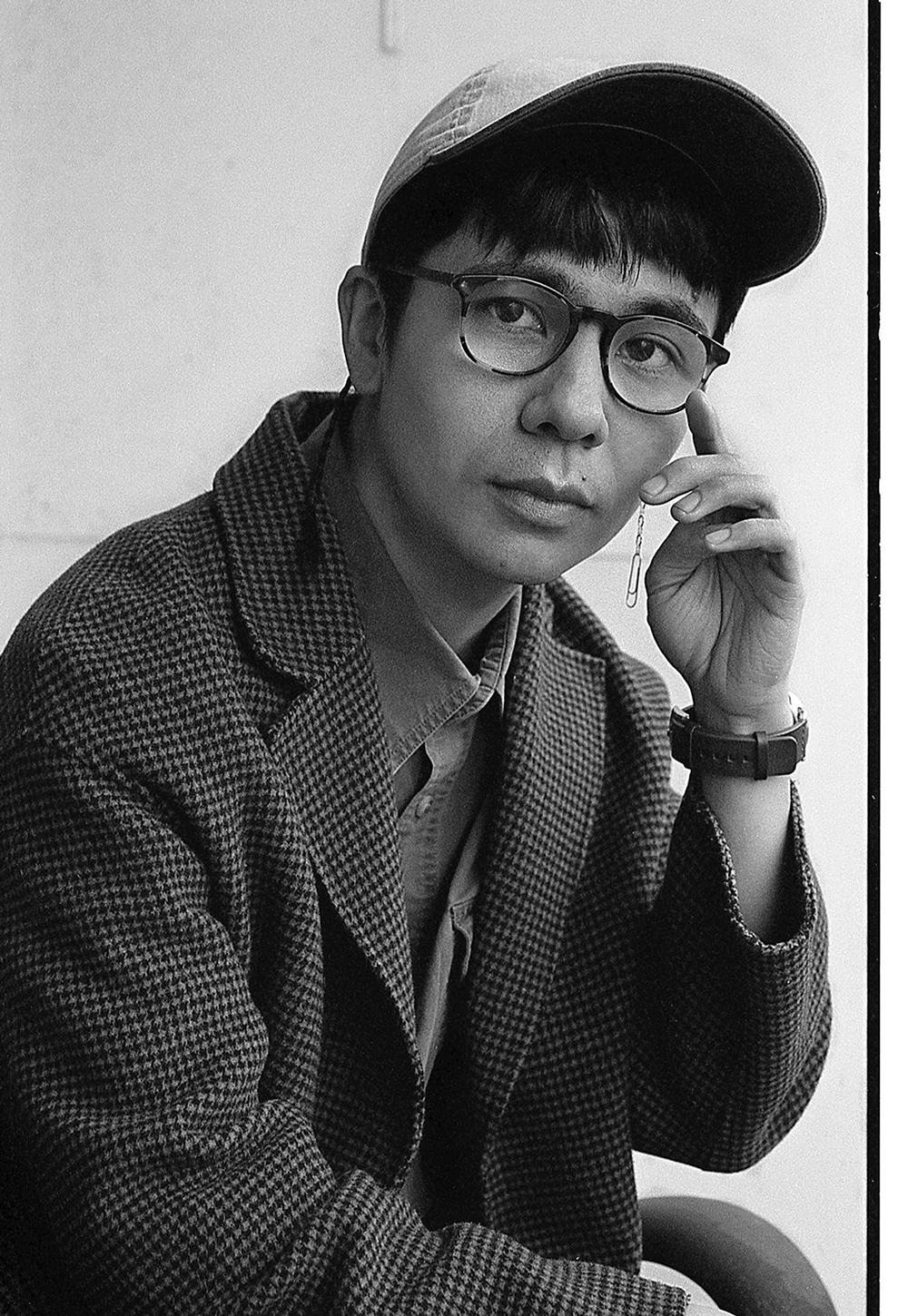
As a poet, Ocean Vuong has won every prize going. Now here’s The Emperor of Gladness, his second novel. His first, On Earth We’re Briefly Gorgeous, a coming-of-age story, is currently being filmed. This latest oneis wild, unwieldy and too long. It is fiction/autofiction mixed with 19th- and 20th-century warfare, plus contemporary angst and craziness. It has one preposterous scene that you wish were true, and never has a title been so misleading. It’s a book of moral, imaginative ideas with gripping stories, wonderful characters and writing that’s poetic and witty. I loved it.
It opens with an introduction to the rural town of East Gladness, Connecticut, its citizens ‘not ambivalent to hope’. It’s like a tawdry Middlemarch until you meet the main protagonist, Hai, aged 19, who’s about to throw himself off a bridge. He’s coaxed down by a ‘kooky’ old lady who spots him from her home across the river and takes him in. Grazina, 83 and Lithuanian, has dementia. Hai, a gay Vietnamese refugee, college drop-out and painkiller addict, becomes her unlikely carer. There’s an echo of a children’s story when, in the basement of Grazina’s ramshackle house, Hai discovers the kind of library every budding writer might long for. But Vuong takes the novel beyond childhood in his exploration of the inherited trauma of war and violence.
A key theme is Vuong’s challenging of the idea that life without the impulse to change and improve (through work, education and marriage) is worthless. Hai and Grazina, lacking such impulse – one being too old, the other not ready – are pushed to the margins of society. As are the group of misfits whom Hai joins when he starts working at the fast-food diner, HomeMarket. Among them is Maureen, occasional performance wrestler hooked on the lizard conspiracy (underground dinosaurs feeding on human suffering) and Hai’s cousin Sony, autistic, obsessed with battles, the film Gettysburg and his family’s escape from Vietnam.
Most dramatic and moving are the episodes when Hai joins Grazina in her dementia memories. Play-acting, he becomes a US Army Sergeant Pepper helping her escape Stalin’s purges in Lithuania. The preposterous scene is the one in which Grazina’s obnoxious son Lucas and a social worker arrive with a plan to put the old lady into a home. In dementia play, Sergeant Pepper and Grazina use grenades (the cruet set) and Grazina’s pistol (her finger) to rout the Nazis (son and social worker), albeit temporarily. It’s a terrific scene. You want to cheer. You know they won’t win.
Vuong has said that he wanted to ‘charge’ his characters with ‘transformation without change’. This happens to the HomeMarket team, ‘people bound by nothing but toil in a tiny kitchen’ when they bond with Sony in his grief for the loss both of his real and his fantasy father. And it’s profoundly there in the tenderness that develops between Grazina and Hai. All the characters find dignity and fulfilment not by their achievements or aspirations, but in caring for each other. Hey! This is a love story!
And the book’s title? It would be a spoiler to tell.








Comments